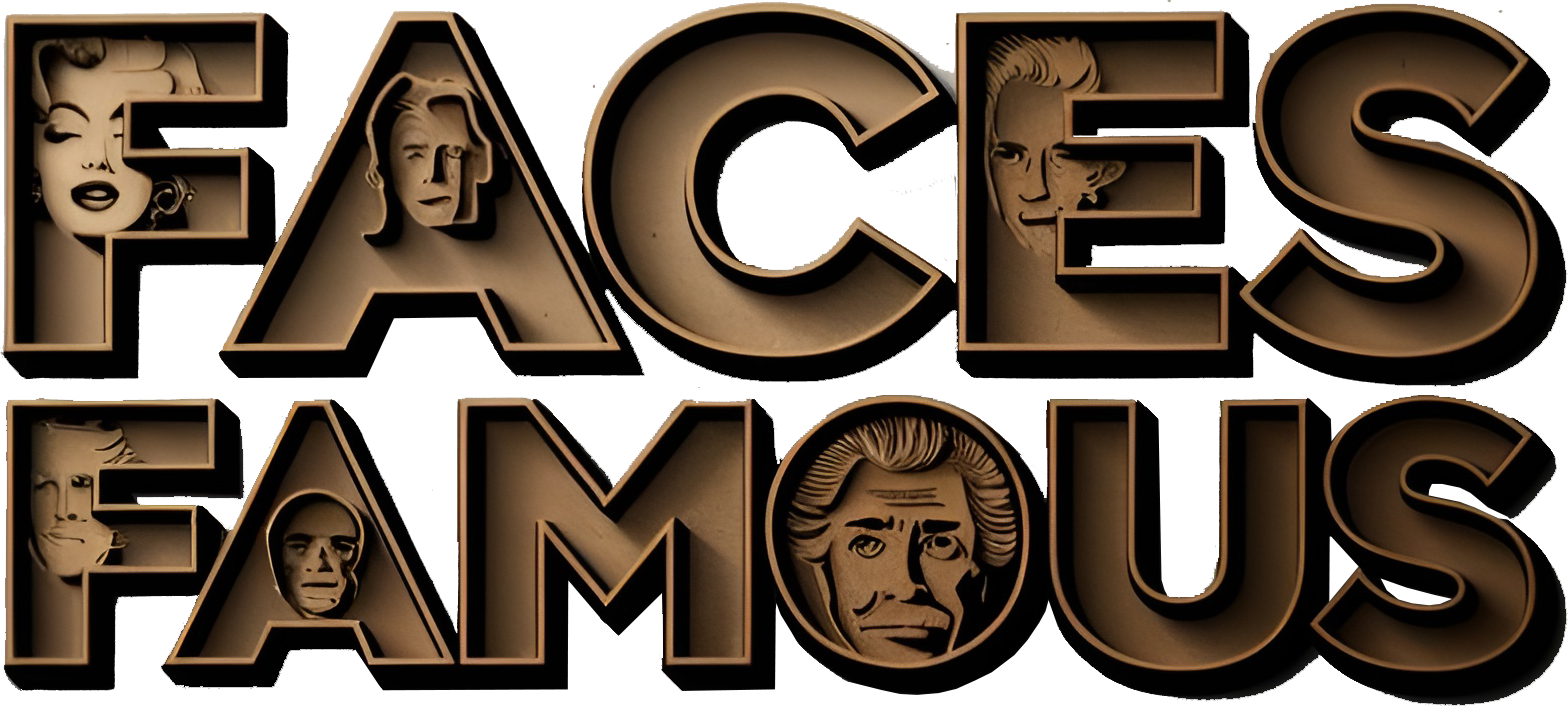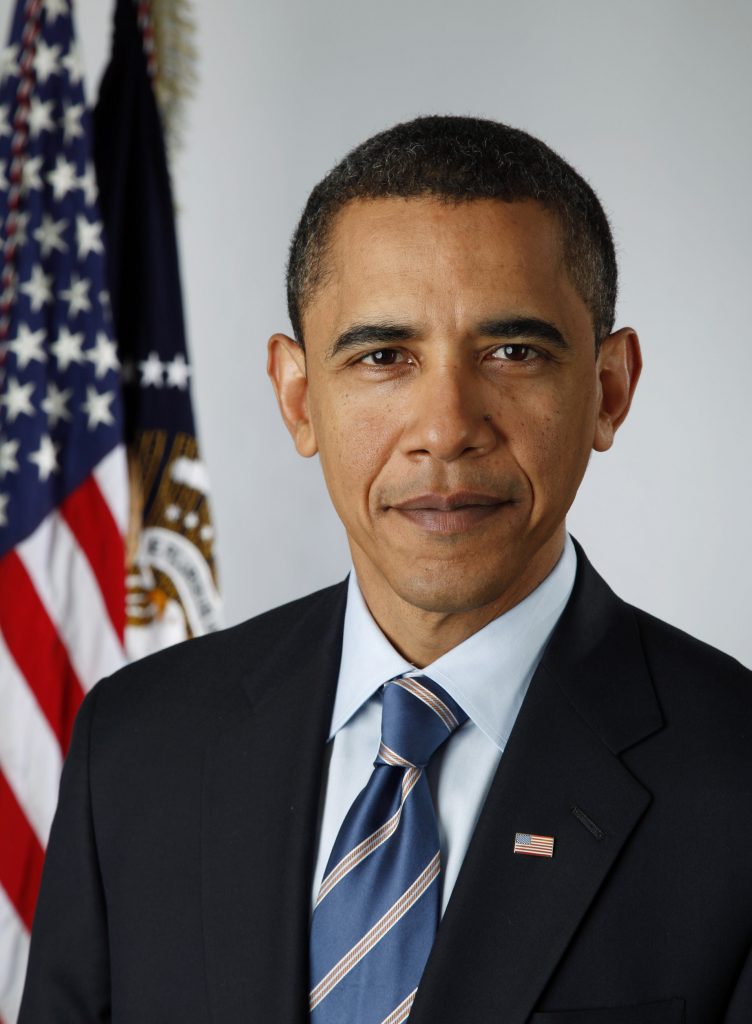Barack Obama, born on August 4, 1961, in Honolulu, Hawaii, is an American politician and lawyer who served as the 44th President of the United States from 2009 to 2017. He made history as the first African American to hold the office, a groundbreaking achievement in a nation deeply shaped by its history of racial division. Obama’s presidency was marked by his focus on healthcare reform, economic recovery following the 2008 financial crisis, and progressive social policies. His rise from humble beginnings to the White House is a story of persistence, intelligence, and visionary leadership.
Early Life and Education
Barack Hussein Obama II was born to a Kenyan father, Barack Obama Sr., and an American mother, Ann Dunham. His parents met while studying at the University of Hawaii but divorced when Obama was young. His father returned to Kenya, and Obama was raised primarily by his mother in Hawaii and for a brief period in Indonesia after she remarried.
Obama’s upbringing in diverse cultural environments greatly shaped his worldview. He attended Punahou School, a prestigious prep school in Hawaii, where he excelled academically. After high school, Obama studied at Occidental College in Los Angeles for two years before transferring to Columbia University in New York City, where he earned a degree in political science in 1983.
Law Career and Community Organizing
After graduation, Obama worked in the corporate sector briefly but felt unfulfilled. His desire to make a difference led him to Chicago in 1985, where he worked as a community organizer for a church-based organization. In this role, he helped low-income residents address issues like job training and housing, which deepened his understanding of social justice issues.
Obama’s commitment to public service continued as he attended Harvard Law School, where he became the first African American president of the prestigious Harvard Law Review. After law school, Obama returned to Chicago, where he worked as a civil rights lawyer and taught constitutional law at the University of Chicago Law School.
Entry into Politics
Obama’s entry into politics began in 1996 when he was elected to the Illinois State Senate, representing a district on Chicago’s South Side. In the state senate, Obama developed a reputation for working across party lines and focusing on ethics reform, education, and healthcare. His dedication to these issues earned him recognition in Illinois politics.
In 2004, Obama’s political career took a significant leap forward when he ran for the U.S. Senate. His keynote speech at the Democratic National Convention that year brought him national attention. In this speech, Obama spoke of a unified America, famously declaring, “There is not a liberal America and a conservative America—there is the United States of America.” He won the Senate seat in a landslide, making him a rising star in the Democratic Party.
The 2008 Presidential Campaign
In February 2007, Barack Obama announced his candidacy for President of the United States. His campaign focused on themes of hope and change, resonating with voters tired of the political status quo. Running against more established politicians, including Hillary Clinton, Obama energized younger voters and built a grassroots movement that utilized social media and innovative campaign strategies.
On November 4, 2008, Obama was elected the 44th President of the United States, defeating Republican candidate John McCain. His election was a monumental moment in American history, symbolizing progress in the nation’s ongoing struggle with race relations. Obama’s message of unity, hope, and change captured the spirit of a nation facing significant challenges.
First Term (2009–2013)
Obama’s first term began during one of the most difficult periods in recent American history: the global financial crisis. His administration implemented a series of economic recovery measures, including the American Recovery and Reinvestment Act of 2009, which aimed to stabilize the economy, save jobs, and stimulate growth.
One of Obama’s signature achievements was the passage of the Affordable Care Act (ACA), also known as Obamacare, in 2010. The ACA represented the most significant overhaul of the U.S. healthcare system in decades, aiming to expand access to healthcare for millions of uninsured Americans.
Obama’s foreign policy during his first term was marked by the withdrawal of U.S. troops from Iraq and an increased focus on the war in Afghanistan. In 2011, under Obama’s leadership, U.S. Navy SEALs successfully carried out a mission that resulted in the death of Osama bin Laden, the mastermind behind the September 11 attacks.
Despite these achievements, Obama’s first term faced challenges, including a polarized Congress and criticism over the slow pace of economic recovery.
Second Term (2013–2017)
Barack Obama won re-election in 2012, defeating Republican challenger Mitt Romney. His second term focused on progressive policies, including efforts to address climate change. In 2015, his administration played a key role in negotiating the Paris Agreement, a global accord aimed at reducing greenhouse gas emissions.
Domestically, Obama advocated for social justice issues, including the legalization of same-sex marriage. In 2015, the Supreme Court ruled in favor of marriage equality in Obergefell v. Hodges, a landmark decision that was widely supported by Obama. Additionally, his administration took steps to address criminal justice reform, immigration, and gun control, although legislative gridlock limited his ability to pass major reforms in these areas.
Obama’s foreign policy in his second term included efforts to strengthen diplomatic ties, such as restoring diplomatic relations with Cuba after more than 50 years of tension. However, his administration faced challenges, including the rise of the Islamic State (ISIS) in the Middle East, ongoing conflicts in Syria, and tensions with Russia.
Post-Presidency and Legacy
After leaving office in January 2017, Barack Obama and his family remained active in public life. He has focused on issues such as democracy, leadership, and education, particularly through the Obama Foundation. Obama has also written several books, including his 2020 memoir A Promised Land, which offers insights into his time in office and his personal life.
Obama’s legacy as president is complex and multifaceted. He is widely admired for his calm and thoughtful leadership, his ability to inspire hope, and his focus on progressive policies. His presidency represents a significant moment in American history, not only because of his achievements but also because of what his election symbolized in terms of race and progress in the United States.
While some critics argue that his policies, particularly in foreign policy, were not assertive enough, many credit him with restoring the economy after the Great Recession, expanding healthcare, and making strides toward equality and climate action. His vision of a united, hopeful America continues to resonate with millions worldwide.
In summary, Barack Obama’s life and career are a testament to the power of perseverance, intellect, and hope. From his early days as a community organizer to his historic presidency, Obama has left an indelible mark on American politics and society, inspiring future generations of leaders.
Created with ChatGPT



